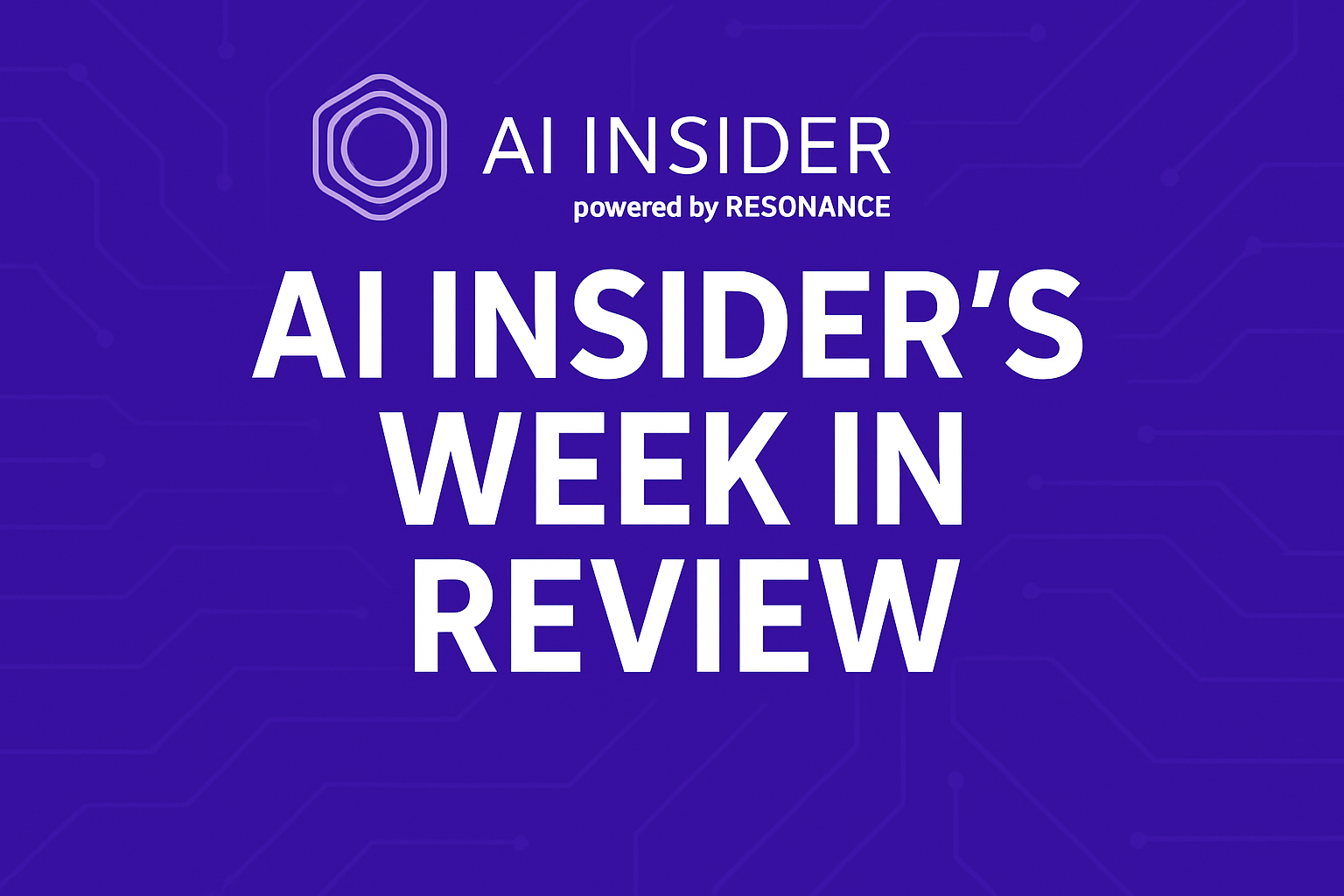In a recent interview, Japan’s Digital Minister Taro Kono shared his optimistic vision for artificial intelligence (AI) and its role in addressing Japan’s labor shortage. Unlike some countries where AI is viewed with apprehension, Kono stressed that in Japan “we are not really worried about AI stealing your job.”
This positive outlook on AI stems from cultural influences, as Kono explained: “In Japan we grew up with manga anime where AI controlled the robots, helping you to do the homework.” This familiarity with friendly AI in popular culture has shaped a more accepting attitude towards the technology.
The need for AI and automation in Japan is driven by demographic challenges. Kono pointed out: “Japan’s depopulating, so we need to use digital technology to replace the labour.” This includes efforts to promote the use of drones and autonomous vehicles.
“We definitely need to incorporate AI technology for our future,” said Kono, seeing AI as an essential tool for Japan’s future.
He contrasted this with the concerns in some European countries about job displacement, emphasizing that Japan’s shrinking workforce makes AI adoption a necessity rather than a threat.
However, Kono acknowledged that Japan faces challenges in digital innovation. He noted the need to “promote more digital start ups in Japan” and encourages these startups to “go global from the beginning” rather than focusing solely on the domestic market.
Looking to the future, Kono predicts AI playing a crucial role in various sectors, including tourism. He suggests using technology to provide “high experience, unique experience for the tourists,” particularly targeting wealthy visitors.
Kono’s views are just a part of a broader strategy toward embracing technological innovation in the face of Japan’s economic and demographic challenges. Viewing AI as something that could be harnessed, and not something to fear, Japan aims to place itself at the forefront of the digital transformation in the coming years.






